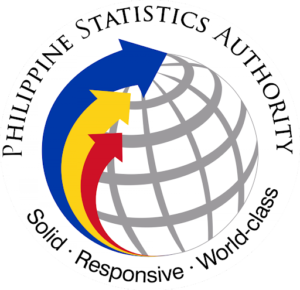The country’s headline inflation accelerated in October driven by faster price increases in food, including rice, the Philippine Statistics Authority said on Tuesday, November 5.
Data from the country’s statistics bureau showed that the country’s headline inflation rose 2.3 percent in October from 1.9 percent in September.
The most recent print was within the central bank’s 2 percent to 2.8 percent projection for the month and is slightly below the 2.4 percent forecast in a Reuters and Business World poll of economists.
Year-to-date, headline inflation stood at 3.3 percent, while core inflation was at 3.1 percent, both within the central bank’s target range for the year.
In a press briefing, National Statistician and PSA chief Undersecretary Claire Dennis Mapa attributed the increase in inflation last month to the food and non-alcoholic beverages index, which went up from 1.4 percent in September to 2.9 percent in October.
By commodity, rice was the top contributor to the overall increase in the inflation rate for October. Mapa said rice inflation increased from 5.7 percent in September to 9.6 percent in October for a 0.7-percentage-point share.
Mapa expects rice inflation to remain within the single-digit levels in the remaining months of the year.
“Our expectation is that it will peak. This is just a blip. And we expect that it will go down. Again, inflation rate and of course the price level per kilo in the coming months, November and December,” Mapa said in Filipino.
Additionally, transportation contributed to the rise in the inflation rate at 2.1 percent year-on-year in October, from 2.4 percent in September.
The top three commodity groups contributing to the October 2024 overall inflation were the food and non-alcoholic beverages with 46.9 percent share or 1.1 percentage point; housing, water, electricity, gas and other fuels with 22.0 percent share or 0.5 percentage point; and restaurants and accommodation services with 16.1 percent share or 0.4 percentage point.
In a separate statement, National Economic and Development Authority Secretary Arsenio Balisacan said that recent weather disruptions “have posed significant challenges to our food supply and logistics.”
“The government is working relentlessly to keep food available and prices steady, particularly for essential commodities,” Balisacan said.
“With targeted support and streamlined food supply chains, we aim to ensure that food is affordable and accessible for Filipino families, especially those most vulnerable to price shocks when disasters hit us,” Balisacan added. (TCSP)




